Leela Chitnis

Subscribe to read full article
This section is for paid subscribers only. Our subscription is only $37/- for one full year.
You get unlimited access to all paid section and features on the website with this subscription.
You can access this article for $2 + GST, and have it saved to your account for one year.
- Real Name: Leela Chitnis nee Nagarkar
- Born: 09 September 1909 (Dharwad, Karnataka)
- Died: 14 July 2003 (Connecticut, US)
- Primary Cinema: Hindi
- Spouse: Dr. Gajanan Yeshwant Chitnis
- Children: Manavendra, Vijaykumar, Ajitkumar, Raj
An icon of early Indian cinema, Leela Chitnis was one of the most daring actresses to grace the Indian screen. Born in a conservative Marathi speaking Brahmin family in Dharwad, Karnataka, Leela Chitnis, the daughter of an English professor, was one of the first educated women to enter the world of Hindi movies. At the age of 15, Leela was married to Dr. Gajanan Yeshwant Chitnis and had four sons. It was after her separation from her husband that Chitnis started working as a school teacher. Her interest in drama led to her joining a progressive stage group, Natyamanwantar, that staged plays in Marathi. Soon Bombay beckoned and to support her family, she started as an extra and moved on to play small roles in mythological films and stunt movies. In 1937, Chitnis even appeared onscreen dressed as a male crook in the film Gentleman Daku.
In 1939, Chitnis’ career really took off when she joined Bombay Talkies, then a state-of-the art studio that specialized in producing movies that challenged accepted societal norms. Kangan (1939) introduced Chitnis as the leading lady opposite Ashok Kumar. The film was a super success and Chitnis formed a hit pair with Ashok Kumar and starred in successive hit socials such as Azad (1940), Bandhan (1940) and Jhoola (1941). Leela Chitnis has the distinction of becoming the first Indian film star to endorse the Lux brand of soaps – a product that till then only was being endorsed only by Hollywood heroines.
By the end of the 1940s, she knew that her time as a leading lady was up. Chitnis changed track and started playing the role of the long-suffering mother of the hero. Shaheed (1948) saw her play Dilip Kumar’s mother, a role that she considered one of her best. For the next two decades, this became a role she honed to perfection and seemed to be the first choice for the character of the hero’s ailing, suffering mother in movies like Maa (1952), Awaara (1951), Naya Daur (1957), Sadhna (1958), Dhool ka Phool (1959), Kala Bazar (1960), Gunga Jamuna (1961) and Guide (1965).
Leela Chitnis also had a brief stint as a filmmaker. She produced Kisi Se Na Kahna, a 1942 release, and directed Aaj Ki Baat (1955), in which two of her sons also acted.
She was also a political activist, known for her radical beliefs during the Indian freedom struggle and was associated with M N Roy in the early 1930's.
By the 1970s and 1980s her screen appearances were few and far between and she bid farewell to the silver screen post her performance in Dil Tujhko Diya (1985). Following this film, Leela Chitnis moved to the United States to stay with her children. Reportedly she fell upon hard times in the US and her last days were spent in penury. She died on 14 July 2003 at a hospital in Danbury, Connecticut at the age of 93.
Leela Chitnis was a daring non-conformist, especially in the first phase of her career as a leading lady. While it is her portrayals of the mother which are remembered today, she also left behind a legacy of unconventional and powerful female characters.
References
Information courtesy: Shri Arunkumar Deshmukh
Image Courtesy: Filmfare
https://www.cinemaazi.com/feature/the-legacy-of-walter-kaufmann
-
Filmography (93)
SortRole
-
Takkar 1980
-
Aangan Ki Kali 1979
-

Bin Maa Ke Bachchey 1979
-
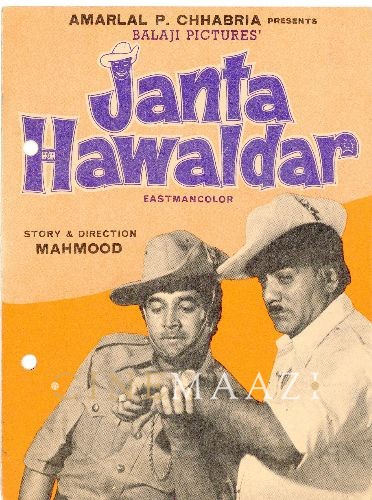
Janta Hawaldar 1979
-
Man Ki Aankhen 1970
-
Bhai Bhai 1970
-
Jeevan Mrityu 1970
-
Badi Didi 1969
-
Intaqam 1969
-

The Killers 1969
-
Killers, The 1969
-



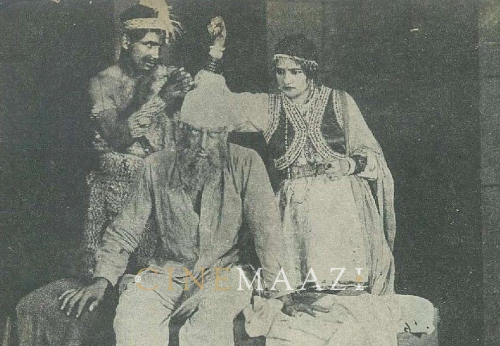
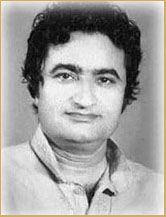
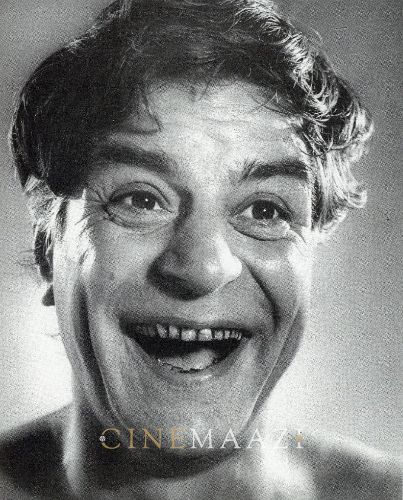
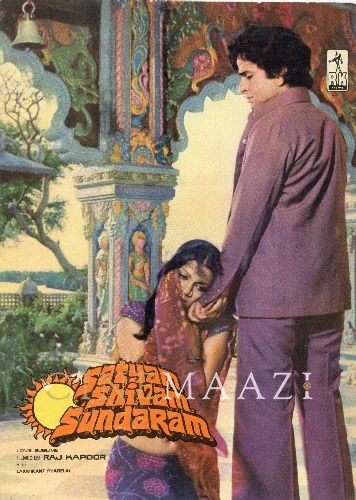


.jpg)


